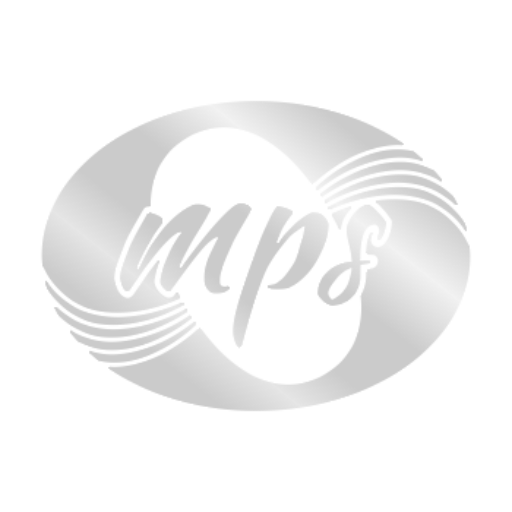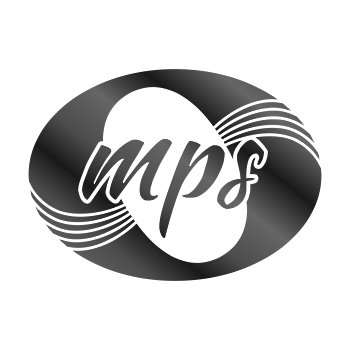| Ideal for: | All students Kids who learn better in a group setting (Very young children should have taken private lessons for at least 1 year) |
| Format: | Group Fortnightly |
| Duration: | 1 hour |
| Enquire: |
👉 Register your interest |
What is Theory?
Watching a musician perform, you might be inclined to think that playing music is relatively straightforward – pluck string, press keys, make noise. Actually, there’s much more to it than that.
For the beginner, this means having to learn a new language – the language of music.
First, you need to learn how to read the music on the page. And then you need to be able to interpret it. Then there’s remembering where those keys are on your instrument; and combining them with the correct rhythm; and learning about form, composers, general knowledge, ear tests… and so forth. All of this and more is collectively called Music Theory.
Our one-on-one lessons sometimes integrate elements of Theory. However, private lessons focus on Practical instruction – and in the limited window of your session your teacher wouldn’t have enough time to address Theory aspects in depth.
The classes we offer at MPS are designed to teach students Music Theory fundamentals and make that knowledge stick.
Students who study Music Theory at MPS…
- are more confident in performance
- read and play more fluently
- are eager to learn more songs
- are confident with rhythms
- have better general knowledge of music
- progress quicker
- have the opportunity to meet others of similar age and skill level, who may be playing similar songs to them. Learning music can be a solo experience, but it doesn’t have to be!
Exams in Theory & Musicianship
For students sitting AMEB exams, Music Theory becomes compulsory at advanced levels. Certificates and diplomas are not awarded to students who have not done the required Theory grades.
Here is a rough estimate of the level of Theory required for those undertaking piano:
| Preliminary or Beginner level | Beginner theory (based on consolidating note reading, basic musical terms and rhythm) |
| Grades 1-2 | Grade 1 Theory |
| Grades 2-3 | Grade 2 Theory or Musicianship |
| Grades 4-5 | Grade 3 Theory or Musicianship |
| Grades 6-7 | Grade 4 Theory or Musicianship |


